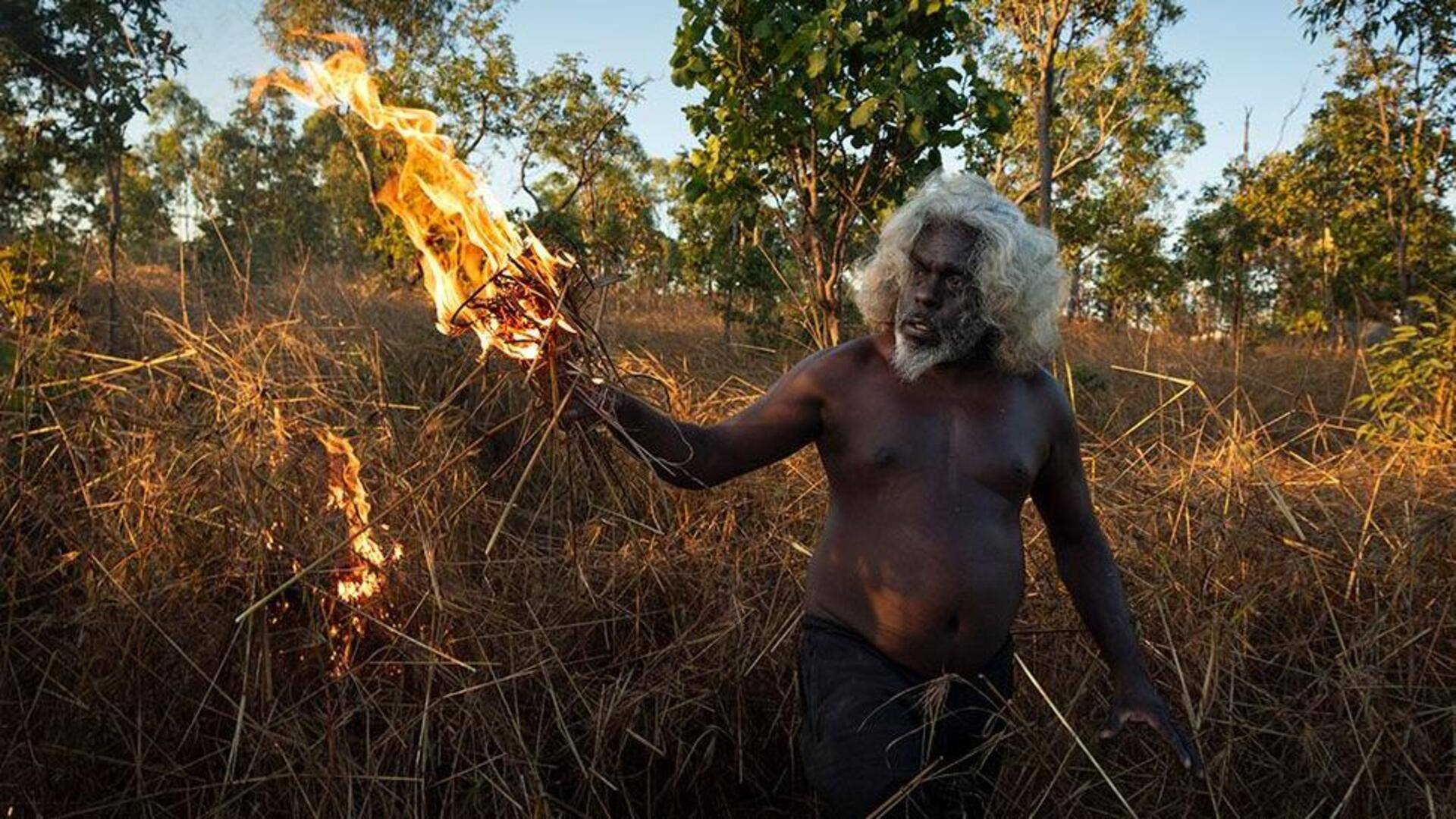
World Press Photo Contest excludes AI submissions in new rules
What's the story
The World Press Photo Contest has revised its entry guidelines to disallow AI-generated images in its Open Format competition category.
This follows an initial announcement that welcomed such submissions.
This change came after photojournalists expressed strong disapproval. They argued that allowing artificially created images in a contest meant for photojournalists capturing real-world events, contradicted the essence of their profession.
Consequently, the foundation retracted its AI submission policy and modified the contest rules.
Details
Updated rules and clarifications
Now, the World Press Photo Foundation has prohibited AI-generated images from participating, stating, "Thanks to the honest and thoughtful feedback over the past days, we have decided to change the rules for the Open Format category in our contest to exclude AI-generated images."
The foundation further specified that both generative fill and fully generated images would be banned from the Open Format category.
This was already the case for other categories such as Singles, Stories, and Long-Term Projects.
What Next?
Acceptable AI editing tools and ethical standards
To provide a clearer understanding of what constitutes an AI-generated image, the foundation has refined the rules regarding image manipulation.
Examples of acceptable AI editing tools include light alterations like denoising, automatic adjustments (levels, contrast), and object selection.
The contest organization and a global jury will determine the extent of these tools.
The World Press Photo Foundation has collaborated with photojournalism institutions, journalists, and "editors with interest and expertise in the topic" to establish a "set of clear ethical standards."
Insights
AI's growing presence in cameras and editing software
As AI technology becomes more prevalent in cameras and editing software, it is understandable that the World Press Photo Foundation seeks to solidify its submission guidelines.
Applications such as Adobe Photoshop and Lightroom offer AI-assisted editing tools that simplify photographers' tasks by automating time-consuming processes like masking objects and refining hair details.
Furthermore, AI drives the imaging systems on contemporary smartphones, with features like Google's new Magic Editor and Best Take distinguishing the Pixel 8.